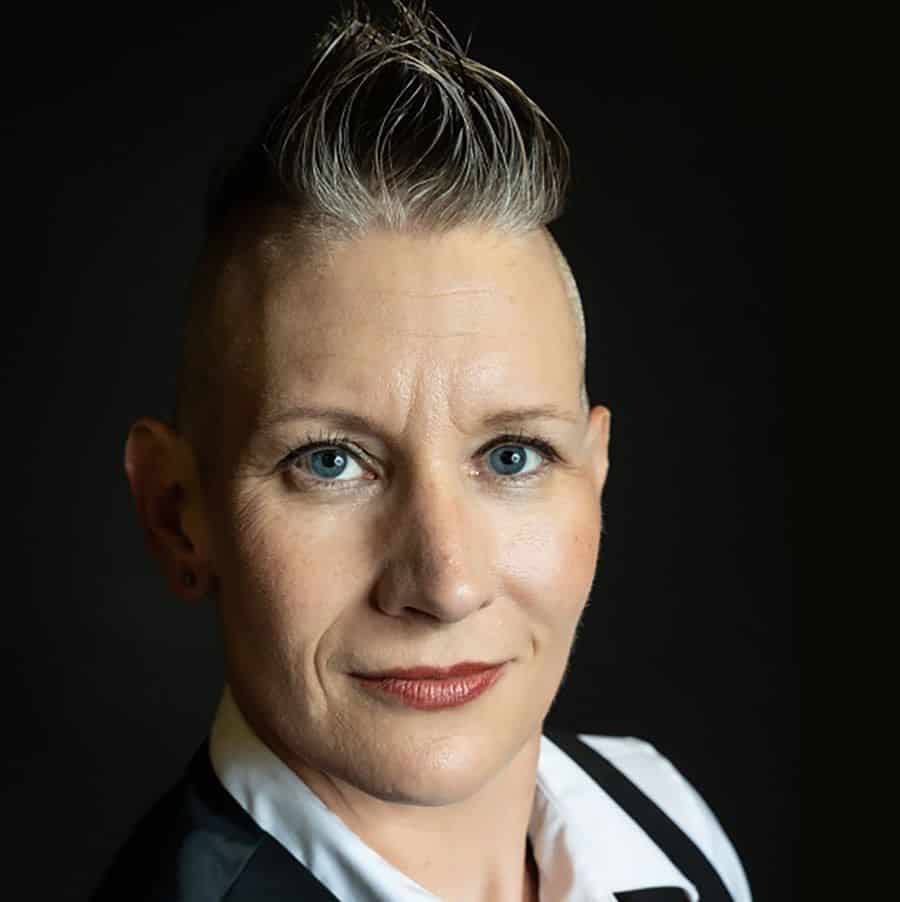The suicide of actor Robin Williams made many, including me, reflect on how problems related to depression and substance abuse can lead to desperate, irrational actions. Lawyers, in general, tend to be more susceptible to problems like these. Studies show that lawyers are three times more likely to suffer from depression than other professionals and the suicide rate for lawyers is nearly six times higher than for the general population. The American Bar Association estimated that up to 20 percent of U.S. lawyers suffer from substance abuse.
To dig deeper into these issues, I solicited input from James Kelleher, a Licensed Professional Counselor in Arizona, and Brian Cuban, a lawyer who has been open about his struggles with depression, substance abuse and other mental health issues. Cuban candidly shares his story of suffering and recovery in his book “Shattered Image.”
Let’s start with “the chicken or the egg” question. Does being a lawyer contribute to depression, anxiety and substance abuse, or do you think people who are prone to these problems are more likely to become lawyers?
JK: Professions that are full of stressors often contribute to mental health concerns, especially when a person lacks healthy coping skills. Unfortunately, individuals dealing with stressful, anxiety-provoking careers often find themselves coping in unhealthy ways, including avoiding and disconnecting from reality through unproductive behaviors and addictions.
BC: For me, the pressures associated with the profession were certainly a factor, but it is impossible to say where they fell on the spectrum combined with the other issues I was going through. The biggest problem stemming from being a lawyer was that I never wanted to be one in the first place. For a person who lives his entire life simply wanting acceptance and internalizing every negative thing said about him, you can imagine that the legal profession was probably not a good choice. I hated conflict and the adversarial process. I went to law school solely to be able to isolate with my already existing depression, eating disorders and alcohol abuse for another three years without having to face functioning in the real world.
Once I became a lawyer, the pressure of the profession certainly intensified my existing depression. It got to the point where I was doing cocaine in the bathroom of the law firm where I worked every morning just to face the day. I never walked into a courtroom under the influence, but I thought about it on more than one occasion to get past the almost paralyzing fear.
Failure, mistakes and anything but perfection is generally frowned upon in the practice of law. Are the expectations of the industry too high, keeping in mind that we often have our clients’ livelihoods and lives in our hands? How can lawyers and law firms better deal with this pressure?
JK: Living in a competitive world, high standards and expectations are the reality in today’s society. With so many demands being placed on lawyers, it’s up to individuals to recognize their limitations, learn boundaries and practice self-care techniques to avoid burnout and maintain a work-life balance. Psychotherapy is an outlet and resource for individuals to explore the driving force behind one’s perfectionism. Interestingly enough, individuals who strive for perfection and define themselves as “Type A” also struggle with the negative cognition of “not being good enough.” While pushing oneself and testing your limits is a positive attribute, perfectionism is considered an irrational thought process. The key to dealing with pressure in the workplace is to manage stress and anxiety through self-awareness as well as learning relaxation techniques to get you through those moments.
BC: I don’t think the expectations of the industry are too high. In many cases we put unrealistic, onerous expectations on ourselves and internalize them to the point of depression or exacerbate already existing issues when we don’t meet those standards. When a person is already suffering from depression, these self-imposed standards can often trigger it into other issues, such as substance abuse and other maladaptive behaviors.
Law firms can help by not perpetuating the stigma of having to be perfect in everything we do and, more importantly, offering resources to lawyers who may be having issues. Lawyers have to be able to be human and be comfortable that they will be treated as human beings if they are suffering from depression or substance abuse. Depression is not a choice. Addiction is not a choice. If a law firm wants to protect its investment in people, it should give those people the framework to deal with their problems.
What warning signs should law firm owners and supervisors look for? What should you do if you think a colleague has a problem?
JK: Some of the signs of depression include shifts in sleep patterns (sleeping too much or too little), changes in appetite (under/overeating), a decrease in energy, lack of interests in activities, feeling hopeless and thoughts of suicide. Some of the signs of substance use include neglecting responsibilities, difficulties with personal and professional relationships, finding one’s self in risky situations (legal, financial, sexual, etc.), and feeling troubled or bothered by behaviors.
If you have concerns regarding a colleague, you should speak directly to that person and express your concerns. However, if the safety of that colleague is of concern, it may be appropriate to speak directly to your supervisor.
BC: While lawyers are more likely to suffer from substance abuse than any other profession, because of the stigma involved they are also much less likely to seek help. Watch for changes in the usual behavior routine, not showing up for work or hearings, talking of problems at home, client complaints, missed deadlines and unreturned phone calls. The problem needs to be addressed on two levels: professional and personal. There is no reduced standard of care to a client because a lawyer has personal problems. The firm must make sure that the client is protected and local rules are complied with notwithstanding the underlying personal issues, or the firm itself could be liable for any malpractice that occurs as a result of the lawyer’s problems, depending on the situation.
What can lawyers do to avoid burnout?
JK: Some of the most common symptoms of burnout include fatigue, insomnia, physical health aliments (frequently calling in sick to work), anger and irritability, impaired concentration and poor performance. Practicing self-care is an effective way to prevent burnout, especially when working in a helping profession. Lawyers can take a few steps to improve self-care. Some examples include joining a gym and working out (research shows 20 to 30 minutes of cardio a day helps manage depression and anxiety), exploring yoga, taking up a hobby, learning a new skill and reading. Learning to live in the moment, laugh more often, practicing mindfulness, reaching out to family and friends and journaling or writing a gratitude log are other methods that people find helpful.
BC: I think that, as in any profession, work-life balance is essential.
If you have concerns about depression or substance abuse, please consult your primary care practitioner. You may also want to look into attending counseling, a support group or a 12-step program like Alcoholics Anonymous. Your state bar association may also have a confidential lawyer assistance program that can provide support and resources. If you ever feel suicidal, please call 911 or the National Suicide Prevention Lifeline at (800) 273-8255.
Ruth Carter is a lawyer, writer and speaker. Her law practice focuses on intellectual property, social media, First Amendment and flash mob law. Ruth is the author of the ABA book “The Legal Side of Blogging for Lawyers,” as well as “Flash Mob Law: The Legal Side of Planning and Participating in Pillow Fights, No Pants Rides, and Other Shenanigans.” Follow her on Twitter @rbcarter.
Illustration ©ImageZoo.





















